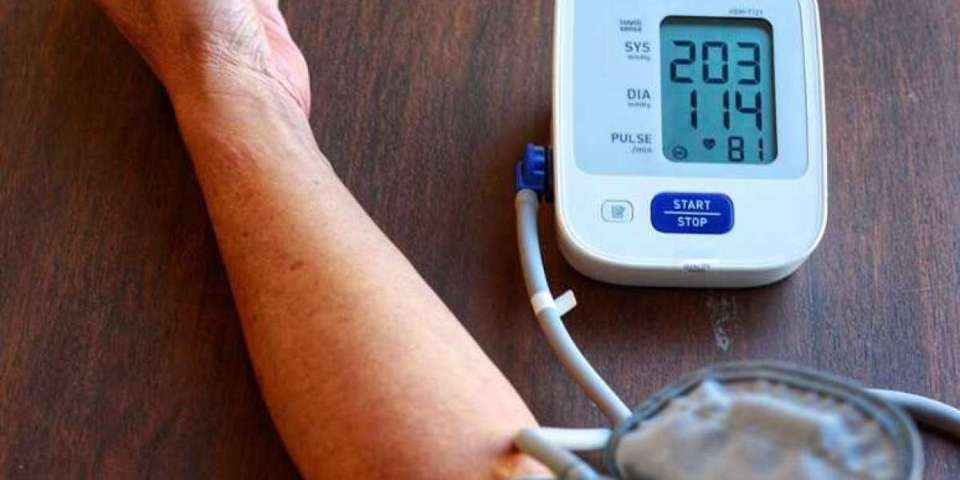Pregnancy is a time of joy and anticipation, but it can also come with its share of health challenges, including the development of high blood pressure.
High blood pressure during pregnancy, also known as gestational hypertension, can potentially pose risks to both the mother and the baby.
However, with proper management with the best gynecologist in Lahore expectant mothers can navigate this condition and ensure a healthy pregnancy.
Let’s discuss what high blood pressure during pregnancy entails, the potential risks involved, and provide practical tips for managing it effectively.
Understanding High Blood Pressure During Pregnancy!
High blood pressure during pregnancy is a condition characterized by an increase in blood pressure levels above normal. It typically develops after the 20th week of pregnancy and may resolve after childbirth.
Gestational hypertension can be a temporary condition, but if left unmanaged, it can lead to more severe conditions such as preeclampsia or eclampsia.
Risks and Complications of High BP
High blood pressure during pregnancy can pose risks for both the mother and the baby. It can restrict blood flow to the placenta, potentially affecting the baby's growth and development. It may also increase the risk of premature birth, low birth weight, and complications such as placental abruption.
For the mother, it can lead to complications such as preeclampsia, stroke, and future cardiovascular problems. It is crucial for expectant mothers with high blood pressure to closely monitor their condition and take appropriate measures to manage it effectively.
Tips for Managing High Blood Pressure During Pregnancy!
Regular Prenatal Care
Attend all scheduled prenatal appointments, as your healthcare provider will closely monitor your blood pressure and overall health throughout your pregnancy. Regular check-ups will help identify any changes or complications early on.
Adopt a Healthy Lifestyle
Focus on maintaining a healthy lifestyle by incorporating nutritious foods into your diet. Choose fresh fruits and vegetables, whole grains, lean proteins, and low-fat dairy products. Limit your intake of processed foods, sodium, and sugary snacks. Additionally, avoid smoking, alcohol, and illicit drugs.
Monitor Your Blood Pressure at Home
Invest in a reliable blood pressure monitor and track your blood pressure regularly at home.
Consult your healthcare provider about the appropriate range for your specific condition.
Stay Active
Engage in light to moderate exercise, as approved by your healthcare provider. Regular physical activity can help improve circulation, control weight gain, and reduce stress. Opt for activities like walking, swimming, or prenatal yoga.
Manage Stress
Stress can contribute to elevated blood pressure levels. Find ways to relax and manage stress effectively.
Practice deep breathing exercises, meditation, or prenatal yoga. Seek support from loved ones and join support groups for expectant mothers.
Medication and Supplements
Your healthcare provider may prescribe medication to manage your blood pressure during pregnancy.
Follow the instructions carefully and never stop or adjust medication without medical guidance. Additionally, take any recommended prenatal supplements, such as folic acid or prenatal vitamins.
Monitor Fluid Intake
While it is essential to stay hydrated, excessive fluid retention can worsen high blood pressure. Follow your healthcare provider's guidance on fluid intake, especially if you have preeclampsia or other related conditions.
Sleep and Rest
Adequate rest is crucial during pregnancy, especially if you have high blood pressure. Get sufficient sleep and take breaks when needed. Sleep on your side to improve blood flow to the placenta.
Watch for Warning Signs
Familiarize yourself with the warning signs of preeclampsia, such as sudden weight gain, severe headaches, vision changes, and swelling in the hands and face.
Report any concerning symptoms to your healthcare provider immediately, as early detection and intervention are essential for managing high blood pressure during pregnancy.
Supportive Undergarments
Wearing supportive maternity undergarments, such as compression stockings, can help improve circulation and reduce swelling in the legs and feet.
Maintain a Healthy Weight
Strive to maintain a healthy weight during pregnancy. Excessive weight gain can contribute to increased blood pressure levels.
Work with your healthcare provider to determine the appropriate weight gain range for your specific situation.
Limit Caffeine Intake
While moderate caffeine consumption is generally considered safe during pregnancy, excessive amounts can contribute to increased blood pressure.
Limit your intake of caffeinated beverages and opt for decaffeinated alternatives when possible.
Stay Hydrated
Proper hydration is essential for overall health, including blood pressure regulation. Drink an adequate amount of water throughout the day, unless otherwise advised by your healthcare provider.
Final Thoughts!
Remember! Managing high blood pressure during pregnancy is crucial for the well-being of both the expectant mother and the baby.
Remember to communicate openly with your healthcare provider, follow their guidance, and prioritize self-care during this special time. With proper management and support, you can have a healthy and successful pregnancy, paving the way for a bright future for you and your little one.



